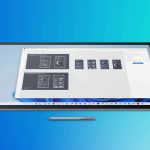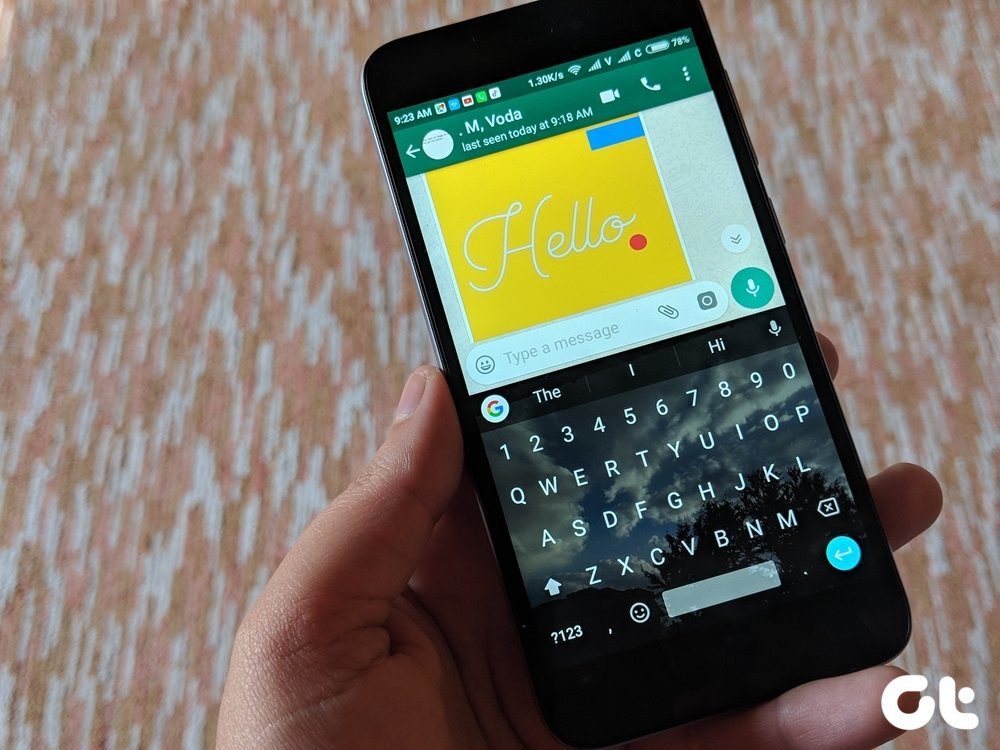In fact, one of the most important aspects of the entire process is the planning and the creation of your app’s ‘blueprint‘, which will serve as a guide for everything that comes afterwards. Considering how important this step is, here’s a list of two really neat tools that can help you better plan your iOS app. Let’s take a look at them.
Prototyper
Available both for Windows and Mac, Prototyper allows you to create – yes, you guessed right – prototypes of your iOS apps right on your computer screen. Once you start the application, you are able to select not just from among different iOS devices, but you can also choose which version of iOS they run. Prototyper comes with a series of pre-loaded UI elements that you can use to create your app prototype from the start, or you can just use your own images created on other applications, like Photoshop for example. You can test your app prototype on Prototyper’s included emulator, which gives you better picture of how your app will look on a real device. The application comes in both a free and a paid ‘Pro’ edition, which obviously includes additional features, such as better cloud collaboration services, testing in real devices, the ability to export an HTML version of your app prototype and more.
InVision
Contrary to our previous example, InVision is entirely web-based. All you have to do to start using it is to create a free account using your name and your email. One of the great advantages of InVision is that it allows entire teams with a paid subscription to collaborate. However, the service is completely free and perfectly usable for individuals, so if you are just starting to develop an app on your own, InVision will definitely suit you well. Another important aspect worth highlighting about InVision is that it doesn’t stick just to basic sketches and outlines like so many other prototyping tools. Instead, the service actually allows you to interact with your app on an iOS simulator. On it, you can create hotspots to link the different screens of your iOS app and add comments and drawings to any part of your design. On a side note, a really cool detail of InVision is that it gives you access to not just different devices, but also different ‘skins’, so you can see how your app looks on both black and white iOS devices. And there you have them. While these two tools will not make you an iOS developer overnight, they both provide a set of very important features that can get you started on the right direction with those first steps. Even better: Both are completely free and one of them even works right from your browser, so don’t think twice about it and give them a try. The above article may contain affiliate links which help support Guiding Tech. However, it does not affect our editorial integrity. The content remains unbiased and authentic.




















